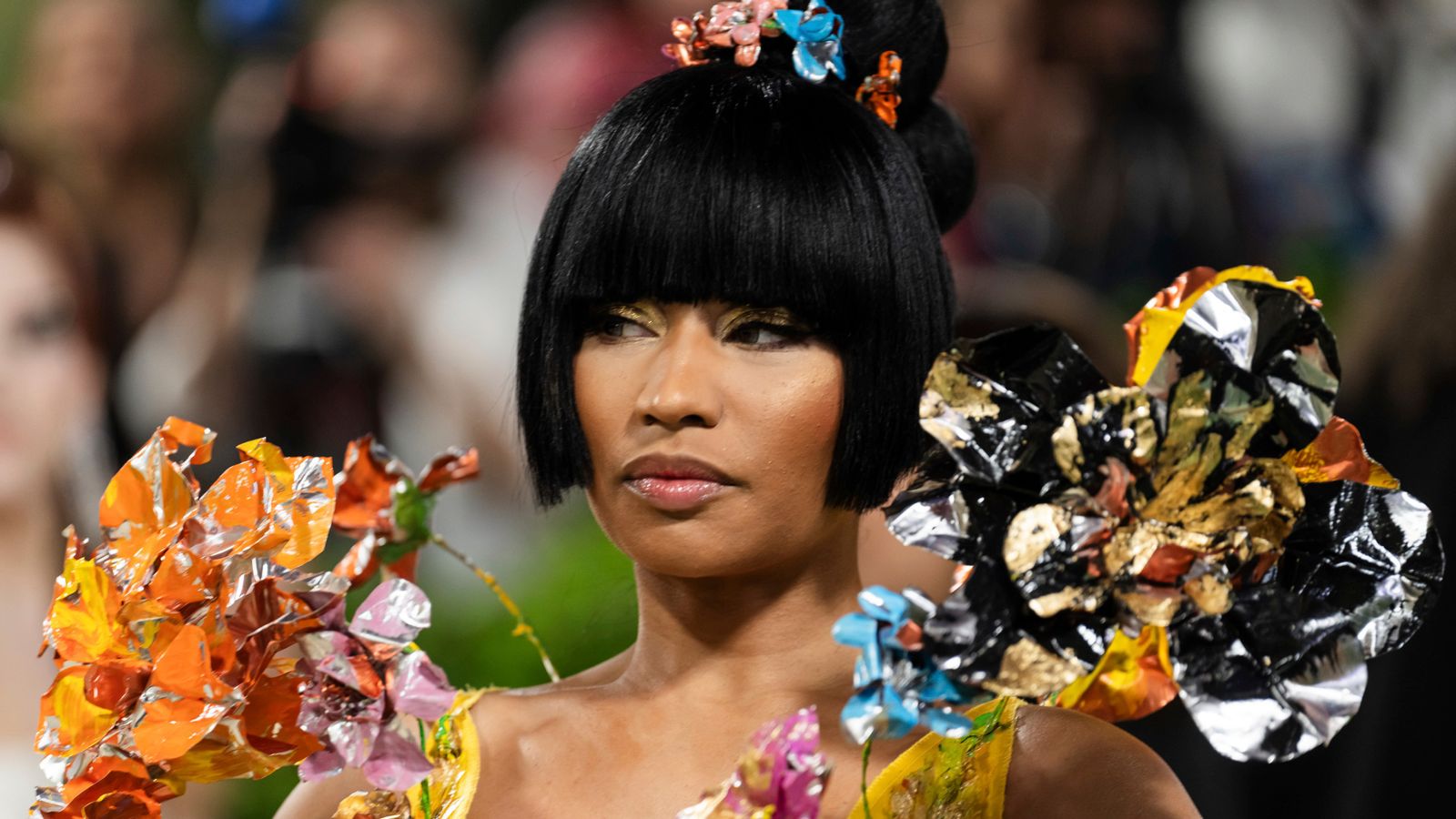South African singer Tyla’s meteoric rise to fame with her hit song “Water” has not only captivated audiences with her smooth R&B vocals and viral dance moves but has also ignited a global debate about racial identity and the term “Coloured.” This term, while reclaimed with pride in South Africa, carries a painful historical connotation in the United States, where it is considered deeply offensive.
The controversy has underscored the challenges of discussing and navigating localized issues of racism and identity in a globalized world. Many Black and Coloured South Africans have taken to social media to defend Tyla’s right to self-identify, while younger generations are exploring the nuances of a category that was imposed by apartheid but has since evolved into a distinct cultural identity.
The 1950 Population Registration Act in South Africa mandated that all citizens register as “native,” “Coloured,” or “white,” with “Asian” added later. This classification, which included indigenous Khoi and San people, descendants of enslaved individuals from various parts of Africa, Indonesia, and Malaysia, and those with mixed-race heritage, was a divisive strategy employed by the apartheid regime. Coloured South Africans were often granted slightly better jobs, housing, and benefits, creating a rift between them and Black South Africans.
This forced categorization led to the displacement of countless families into Coloured-only townships, where their identities were assigned based on demeaning assessments of their physical features, language, and cultural practices. From this displacement, a unique culture emerged, encompassing distinct music, humor, and culinary traditions such as koe’sisters and Gatsby sandwiches.
In 2020, Tyla, who has Zulu, Irish, and Mauritian-Indian heritage, posted a TikTok video showcasing her hair styled in traditional African Bantu knots. She proudly identified herself as a “Coloured South African,” explaining her diverse cultural background. As her song “Water” climbed the US charts in late 2023, many Black Americans expressed discomfort with the term “Coloured,” with one X user describing it as “traumatizing.
In June, during an interview with US radio DJ Charlamagne tha God, Tyla was asked to address the debates surrounding her identity. She declined to comment during the interview but later posted a statement online, clarifying her stance: “I don’t expect to be identified as Coloured outside of [South Africa] by anyone not comfortable doing so because I understand the weight of that word outside [South Africa]. But to close this conversation, I’m both Coloured in South Africa and a Black woman.
Lynsey Ebony Chutel, co-author of “Coloured,” a book tracing the history and experiences of this group, emphasized the complexity of Black identity. “There are multiple ways of being Black,” she said. “There has been a lack of grace from Black communities around the world, where some commentators are arguing that there’s one way to be Black. And what that does is [erase] the histories of other people.”
Chutel and her co-author Tessa Dooms, both millennials, identify as “ethnically and culturally Coloured and politically Black.” Political blackness gained traction in South Africa through the anti-apartheid activist Steve Biko’s Black Consciousness Movement in the late 1960s and 1970s, which encouraged unity among Black, Coloured, and Asian people.
However, apartheid policies forced Coloured people to distance themselves from their Black heritage to gain better benefits. Post-apartheid, disillusionment has grown in historically Coloured communities like the Cape Flats townships, marked by high rates of gang crime, incarceration, and school dropouts.
Benjamin Jephta, a jazz musician, noted the complex dynamics of Coloured identity in his latest album, “Born Coloured, not Born-Free.” He explained, “In many ways, yes, you’re not Black enough, not white enough, but then Coloured people themselves are caught up in this mentality that they struggle to break free from.”
Jamil Khan, a PhD candidate researching Coloured identities at the University of the Witwatersrand, highlighted the shared struggle of discussing heritage with older relatives. “A thing that people with enslaved heritage share is shame and silence around that history,” said Khan, whose ancestors were enslaved people from south-east Asia.
Chutel found a positive outcome in the global debate, observing Black South Africans defending Tyla. “There has been historic animosity between the two groups, and that’s because of that division created by apartheid,” she said. “When Black South Africans stood up for Tyla in that way, it told me that we are beginning to create a more unified understanding of who we are as South Africans.”











Модные заметки по созданию модных видов на каждый день.
Обзоры профессионалов, события, все новинки и мероприятия.
https://moismi.ru/info/704-kak-otlichit-originalnuyu-veshch-balmain-ot-poddelki-osnovnye-sovety/
Techarp naturally like your web site however you need to take a look at the spelling on several of your posts. A number of them are rife with spelling problems and I find it very bothersome to tell the truth on the other hand I will surely come again again.
There are several proteins and enzymes that regulate mitochondrial function, fission, fusion, interaction, and cross talk with other organelles priligy at walgreens 167 UDCA supplementation enriches the bile acid pool and reduces the potentially toxic lithocholic acid, favorably influencing cholestasis
Hey, Jack here. I’m hooked on your website’s content – it’s informative, engaging, and always up-to-date. Thanks for setting the bar high!
Wonderful web site Lots of useful info here Im sending it to a few friends ans additionally sharing in delicious And obviously thanks to your effort
UtRAgLjIMOPNTyfk
NKxiYXbFwGDPBR
Your writing is a true testament to your expertise and dedication to your craft. I’m continually impressed by the depth of your knowledge and the clarity of your explanations. Keep up the phenomenal work!